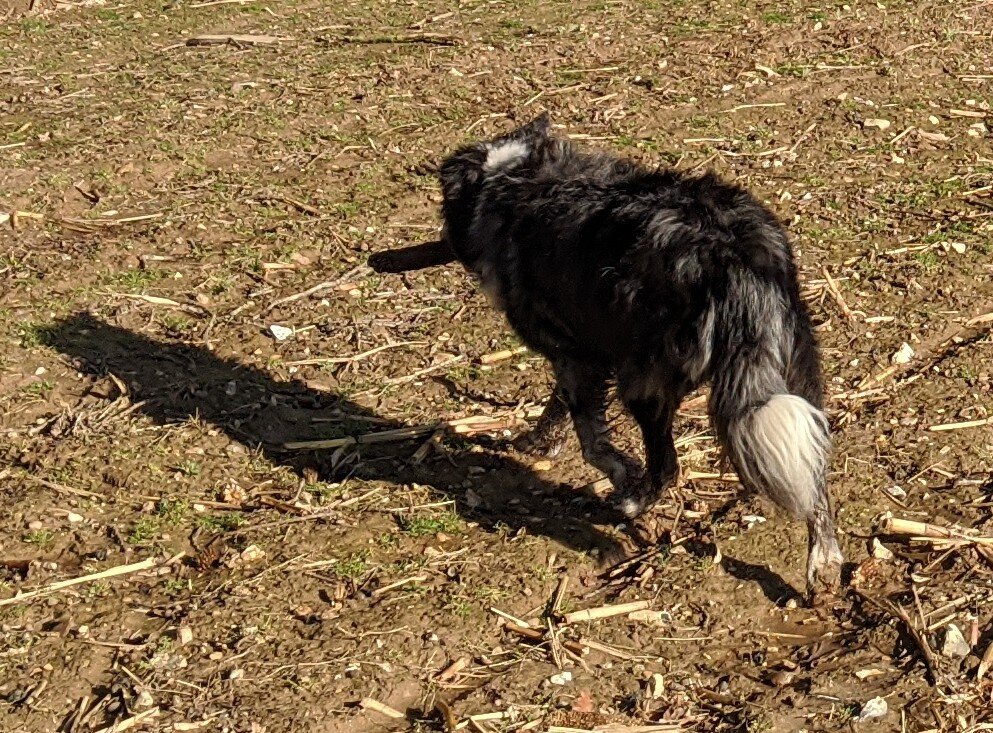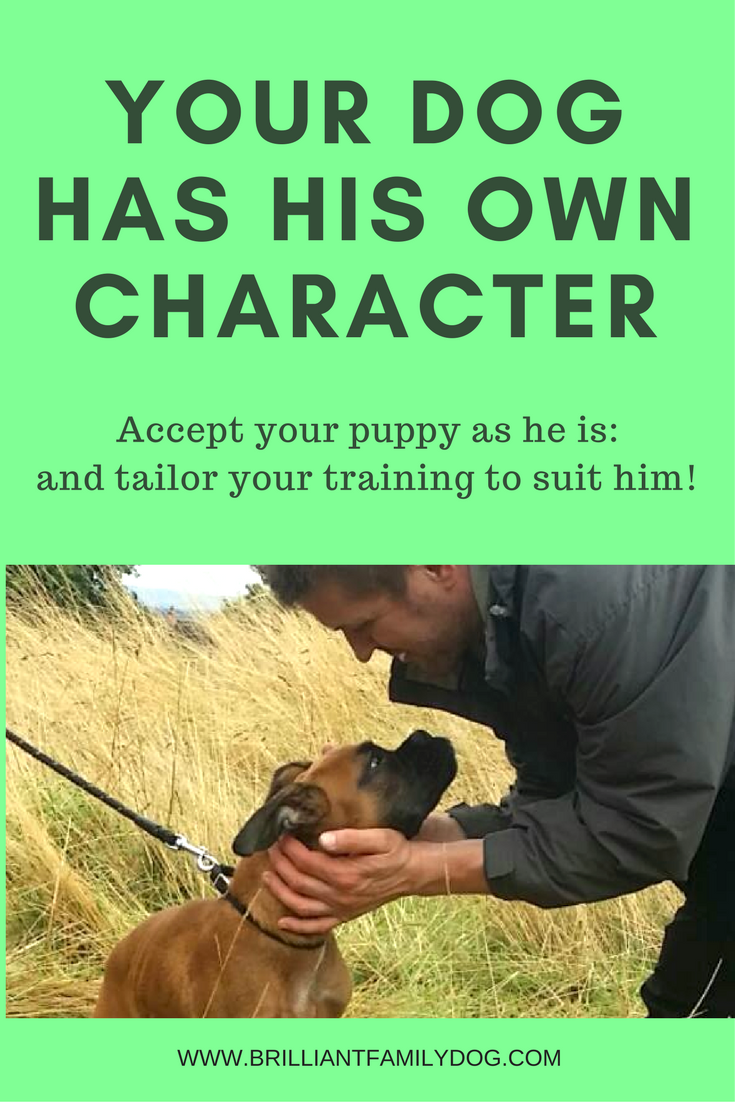This article was first published at Medium.com
Dogs are at their most creative, and learn best, during play.
The scientists have proved this beyond a shadow of a doubt. The case is closed. And that’s why you’ll find that more and more organisations who work with dogs are switching from aversive methods of training to play-based methods, in the teeth of tv personalities with outdated ideas.
Guide Dogs, Search and Rescue dogs, Seizure Alert dogs, Hearing dogs for the deaf, Assistance dogs, performance dogs in Agility, Flyball, Dancing dogs, have for quite some time been trained to do their remarkable work as part of a big game.
Now even some enlightened police dog trainers — an area where dark training traditionally took place — are joining in and teaching through Do-based training instead of Don’t-based training.
You always used to hear police dog trainers say things like, “My life is on the line — I need my dog to be bombproof,” to excuse the harsh methods often employed. Now they’re realising that their dog’s response is not just as good as previously, it’s sharper, faster, more enthusiastic, just plain better.
And who wouldn’t prefer to work through fun and games rather than bullying and punishment?
Dogs are simple and uncomplicated creatures who do what works. If jumping through hoops, figuratively speaking, is fun, and they get a great reward for doing it, and — critically — they have a choice whether to do it or not, you’ll get ready and willing compliance, with sparkling performance.
Great news for dogs! But how are children faring?
What about our Children?
So why are so many people stuck in the Dark Ages when it comes to dealing with their children?
There are, of course, plenty of educational establishments and organisations who pioneer fun methods of learning. There are schools which are beacons for the latest in learning theory.
I’m thinking more about what I see on the street, in the shops, in the park.
Many parents are still stuck in adversarial training. They lead with their chin. Everything becomes an issue. They lose sight of what they want to achieve and focus on what they take to be their child’s resistance. It’s a kind of old-fashioned manager vs employee approach — which is doomed to failure. Any small successes are hard-won and grudgingly ceded by the resentful subject.
Unless people are educated into understanding how to get the best results from people, from children, from dogs, they tend to default to the parade-ground style of barking commands and expecting instant, mindless, compliance. They can treat their nearest and dearest, as well as their pets, in ways they wouldn’t dream of treating a visitor!
Imagine saying to your house-guest: “Take a seat. Sit down. Sit! SIT! Get in that chair now!” Of course you wouldn’t do that.
But how many times do you hear similar things being barked at children, most usually expressed in the negative: Don’t, Stop, Cut it out, Put it down, Leave it alone, Not another word, Don’t touch.
No attempt is made to direct the child to what you actually want him to do!
Back to Dogs again
And this is exactly what people tend to do with their dogs. Their sweet new puppy, who just loves life, is seen as The Opposition. He must be contained, prevented, controlled, stopped.
And when this inevitably doesn’t work, the second-to-last resort is surgical intervention, in the totally mistaken belief that this will somehow render their dog acquiescent and malleable.
The last resort is, of course, off-loading the troublesome hound to the nearest shelter.
Who’s Watching?
A lot of this is a result of social pressure. The shouter feels the need to appear in charge — of his flock, his family, his employees, his dog.
Forgetting that anyone else is watching, and just focussing on the interaction between you and your child or dog - all the time keeping your eyes on what outcome you are actually looking for - can do wonders to the relationship.
The scientists are beavering away to prove, over and over again, how choice-based training gets the quickest results. Let’s listen to them and apply it in our own personal laboratory.
Let’s collectively move from “Don’t” to “Do”.
Is your dog or your little puppy throwing up more challenges than you anticipated? Watch our free Workshop and find how to change things fast!












